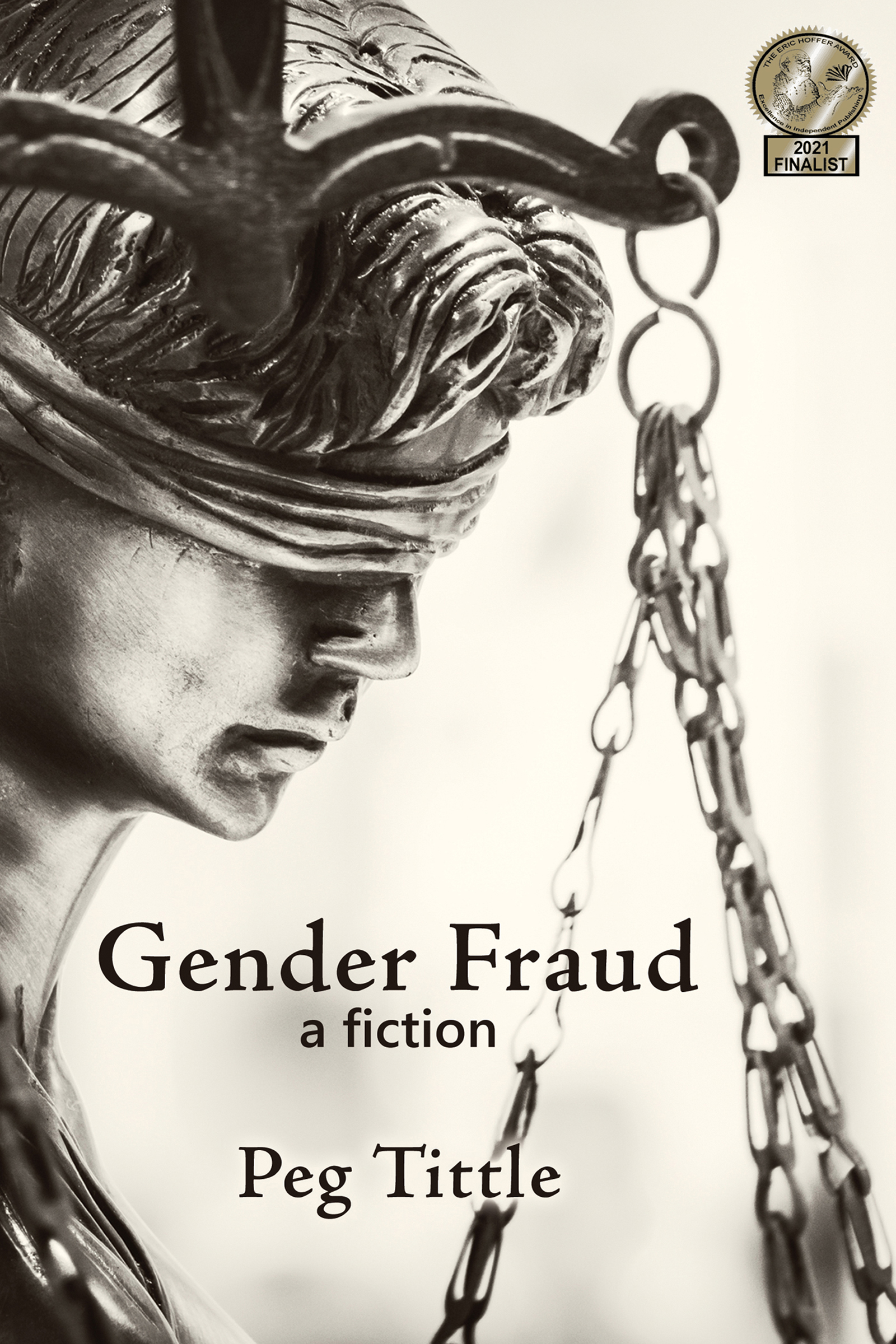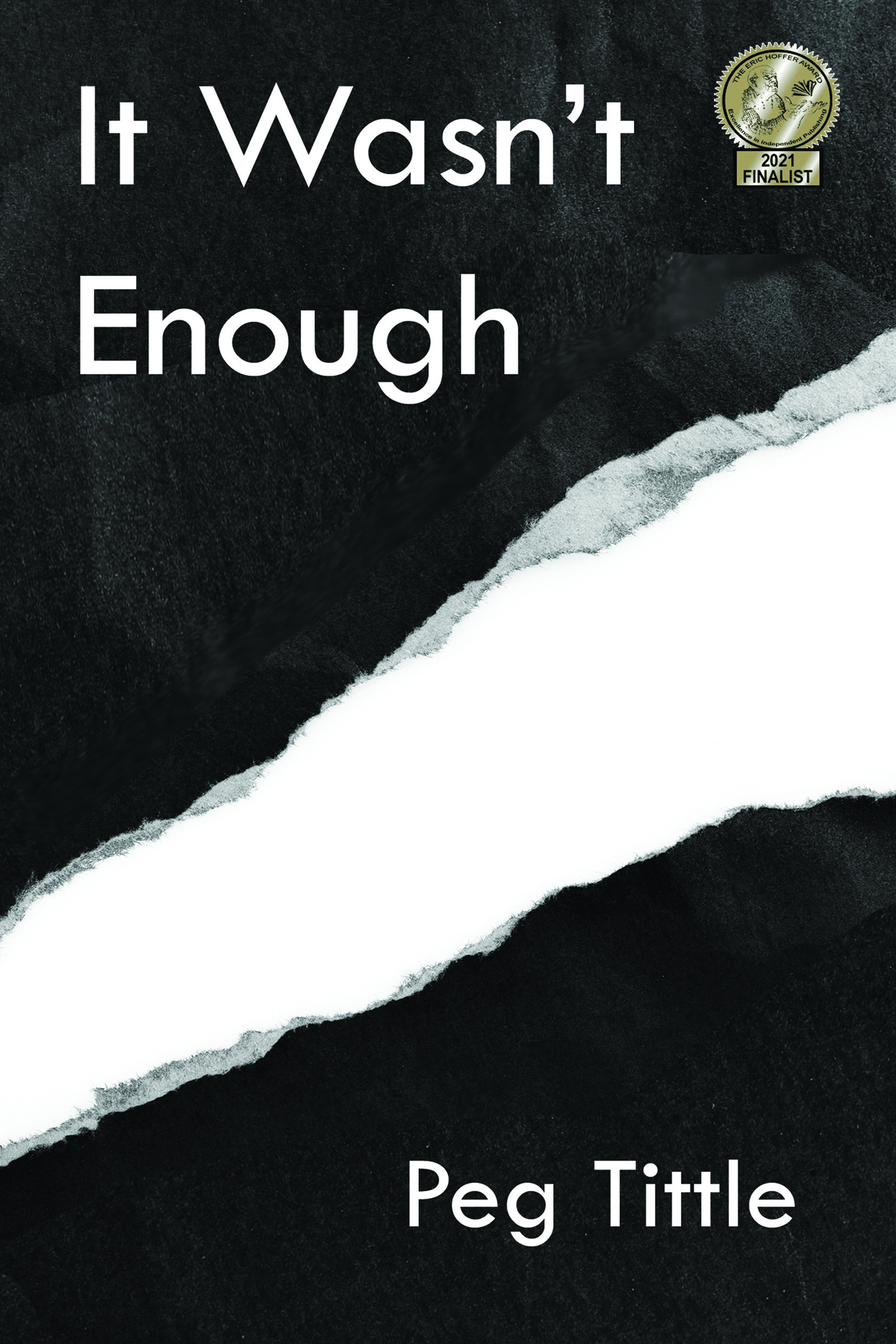There should be regulations about what people can put on their private property that will be in view of their neighbours. Even more than in public spaces, visual material on private property is not easily avoided. If you put a swastika or a pornographic image on your garage door, and that door is right across from your neighbours’ living room window, they will have to see it every time they look out their window. Asking them not to look out their window is unreasonable. If they were there first, they have a right to ask you not to put the image on your garage door. If you were there first and had the image on your garage door when they were looking for a place, they could have chosen to not move in (and so don’t have the right to ask you to remove it) (maybe).
But it’s not even, or not only, so-called ‘offensive’ images that I’d prohibit. It’s anything the neighbour doesn’t want to see every day, anything that’s an unwanted intrusion on their consciousness. It could be a ‘Jesus Loves You’ sign (unwanted by the atheist), the Canadian flag (upsetting to someone who is well aware of Canada’s environmental record), or even an inoffensive and non-upsetting image of an infant playing with building blocks. Who knows? It doesn’t matter. The people who are forced to see your house every day are the ones who get a say in how it looks. From the outside. To them. What you put in your back yard doesn’t affect them, so they don’t have a say. What you put inside your garage, or inside your house, doesn’t affect them, so they don’t have a say. But what you put in plain view? They should have a say. A reasonable say.
Obviously the effects of such a prohibition increase the more visible you are. If you own a penthouse apartment that can be seen by thousands, guess what. If you own a house on a lake that can be seen by everyone on the lake, guess what.
To provide just one example, I live in a cabin on a lake in a forest and several people consider it appropriate to ‘decorate’ their property, lakeside, with solar lights that can never be turned off. Some are arranged in a runway fashion to mark a path from their house to their lake; some are arranged in a row along their frontage. Needless to say, the lights really ruin the beauty of the lovely moonlight glimmering on the water, the otherwise dark forest… I claim that such lights shouldn’t be allowed.
First, my right to revel in the natural beauty every night trumps their right to ‘decoration’ that isn’t even being appreciated (if they’re weekenders, they’re back in the city during the week and so don’t see their lights; if they live there, they’re typically asleep in bed after midnight and so don’t see their lights). Second, my right to revel in the natural beauty trumps the marginal utility of the lights even when they are there or awake because there are alternatives (one can use a flashlight or install motion sensor lights that go on only when one needs to see the way). People with lakeside solar lights are imposing their conception of decoration and utility on everyone else, and they are preventing others from appreciating their own conception of beauty (the dark night, the moonlight glimmering on the water). If your property is in the middle of natural beauty, you have an obligation not to ruin it. And if you don’t see that, you shouldn’t live there. Similarly, people who don’t appreciate Beethoven shouldn’t go to concerts and talk all the way through.
And if those lights are blinking, it’s even worse: given the way our brains are wired, our attention is coerced. No one has a right to force me to pay attention to something I don’t want to attend to, and blinking lights do just that.
One may counter by claiming that surely one is allowed to do what one wants on and with one’s own property. Well, no. For example, you shouldn’t be allowed to dump oil on your property because it will seep through the soil into other people’s property and into the lake. When your actions affect others, there are limits to what you can do.
In short, even though your property is ‘private’, what you put on it is not: as long as it can be seen by others, it’s public. And it should therefore be subject to restrictions: you don’t have a right to coerce other people’s attention, especially if what you’re forcing them to pay attention to is something they don’t want to pay attention to.



















